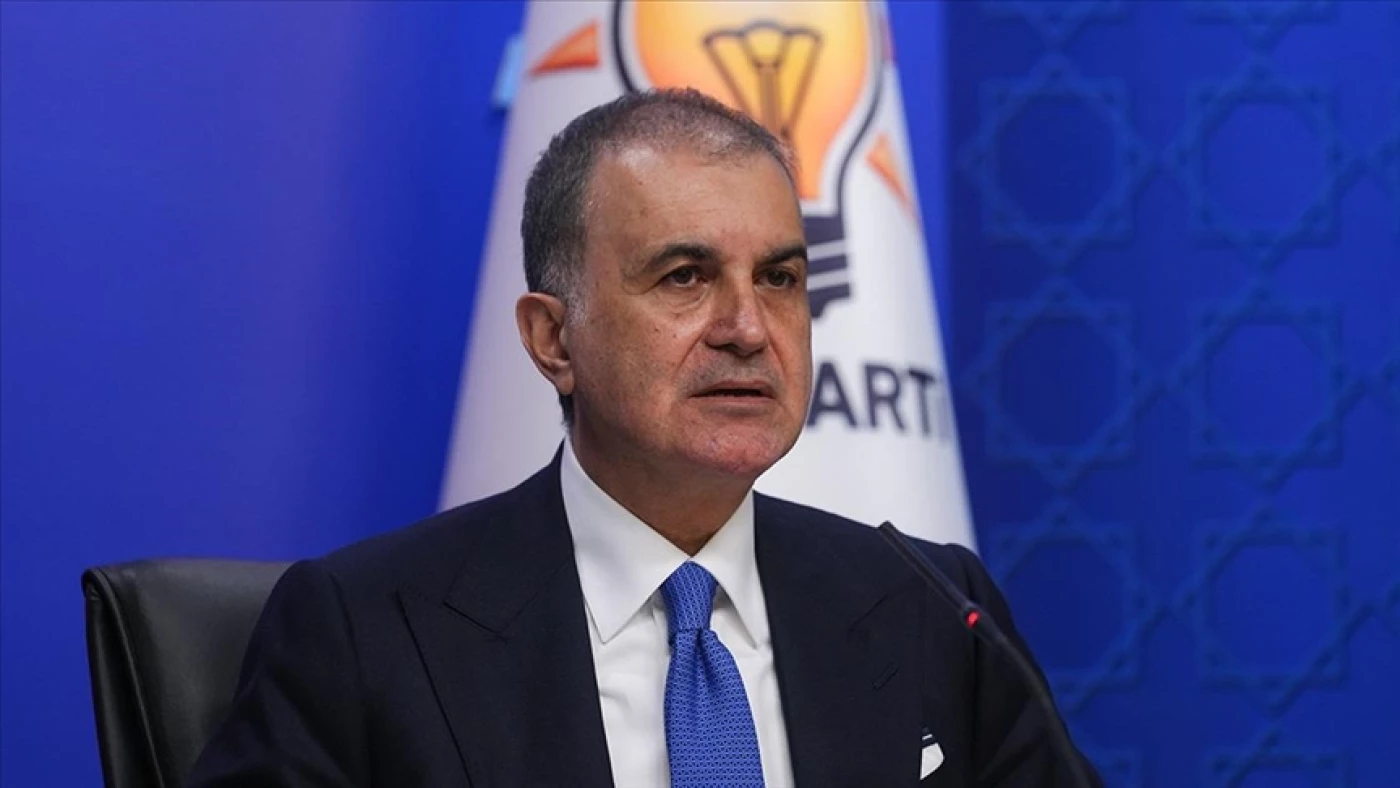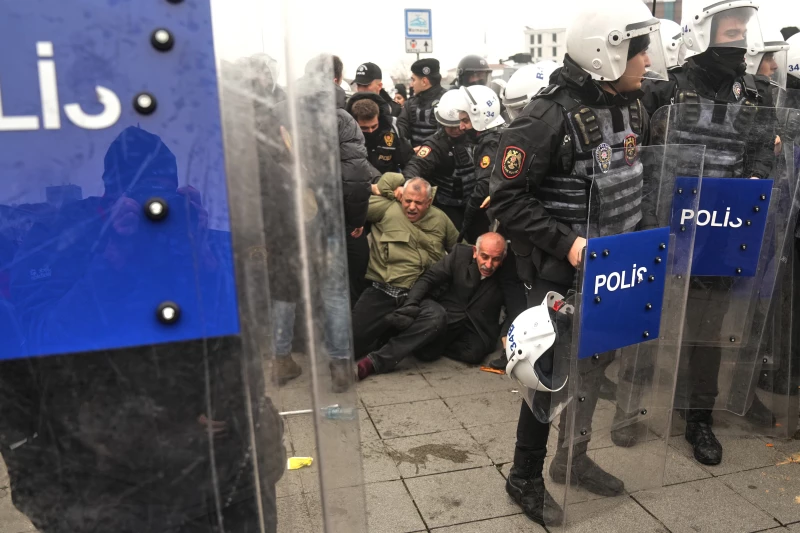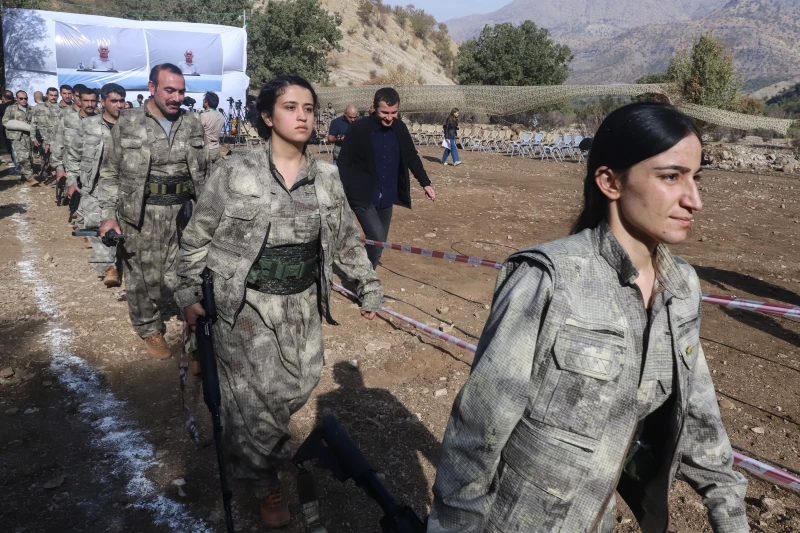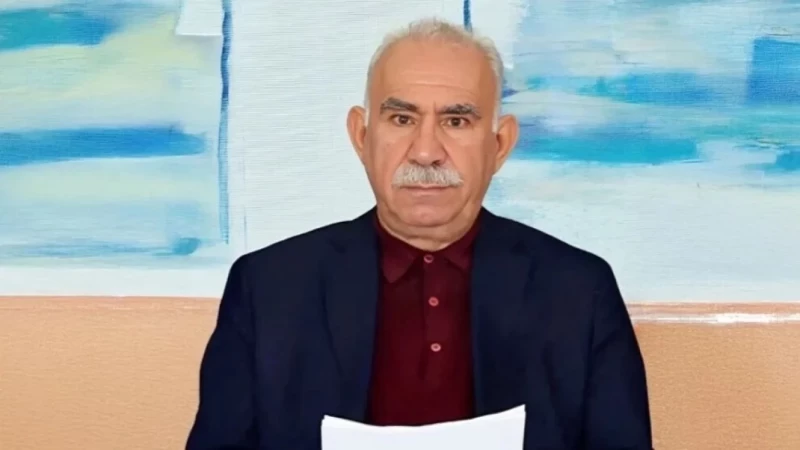ERBIL, Kurdistan Region of Iraq - The spokesperson of Turkey's ruling Justice and Development Party (AK Party) says they expect the Kurdistan Workers Party (PKK) to lay down arms and dissolve itself “within days.”
Following an October proposal by the Turkish Nationalist Movement Party (MHP) leader Devlet Bahceli to free jailed PKK leader Abdullah Ocalan in exchange for the party laying down arms, a mediating delegation from the pro-Kurdish Peoples' Equality and Democracy Party (DEM Party) was granted the rare permission to visit and speak to the jailed PKK leader on the prison island of Imrali.
The late Sirri Sureyya Onder and fellow DEM party leader Pervin Buldan led the first delegation visiting Ocalan at Imrali, later participating in subsequent meetings in January and February as well, which ultimately led to a peace address by Ocalan that prompted the PKK to declare a unilateral ceasefire with Turkey to “pave the way” for a peace process.
"After the call from Imrali, we expect the process of the terrorist organization dissolving itself and laying down its arms to become concrete within days,” AK Party Deputy Chairman and Party Spokesperson Omer Celik told reporters on Monday.
The PKK is an armed group that has fought for increased Kurdish rights in Turkey for decades. Designated as a terrorist organization by Ankara, the group uses the mountainous areas of the Kurdistan Region as shelter and frequently engages in direct armed conflict with Turkey.
Celik said that with the PKK’s dissolution, a new era will emerge in Turkey.
“We will continue our efforts to reach the goal of a terror-tree Turkey,” Celik said. "With the elimination of terror… the political tension on our political system and democracy will also be eliminated. The elimination of this political tension will give brand new political energy to our democracy and political life.”
In his speech, the AK Party official hailed the decisive role the late Onder played in establishing a lasting peace in the country.
Eighteen days after he was put under intensive care after suffering respiratory and cardiac arrest, Onder died at the age of 62 due to “multiple organ failure.”
"The late man's personal capacity contributed greatly to such processes,” Celik said. "Especially recently, after parliamentary sessions would come to an end, we would communicate, saying, 'Let's meet, let's talk.' We would discuss certain issues with friends in a friend's room until the early hours of the morning."
"When his illness frequently came up and we told him that he needed to be careful, he would say 'this issue is even more important than my health'. We also thought that he should care about his health.
"Therefore, I think the greatest legacy he left was the achievement of the goal of a terror-free Turkey, which he said was 'even more important than my health.' Of course, his contribution was valuable,” Celik concluded.



 Facebook
Facebook
 LinkedIn
LinkedIn
 Telegram
Telegram
 X
X


